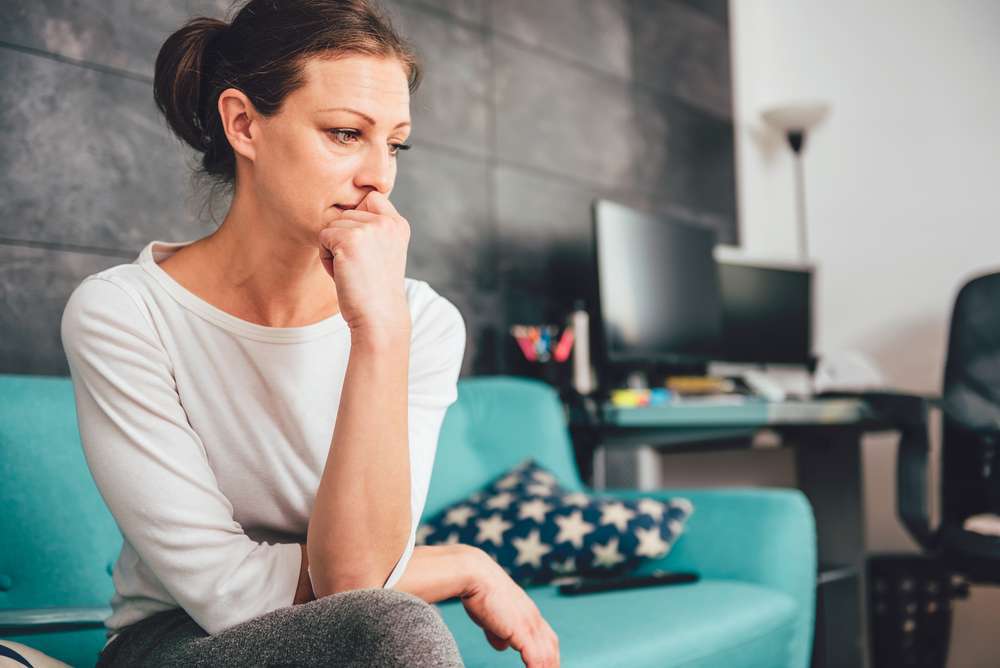Many people are misinformed about what the treatment process is like for the rehabilitation of individuals who have been struggling with drug and alcohol addiction. Treatment centers include healing and relaxing therapeutic methods like massage, acupuncture, equine therapy, drum therapy, physical fitness, swimming, and alternative therapies like hyperbaric oxygen therapy. Due to the shame and stigma of mental illness, especially of alcohol and drug use disorders, people believe these treatment methods are undue. Why should someone attending treatment for drug and alcohol addiction be playing tennis and practicing yoga?
Under the belief that addiction is a social, criminal, or moral issue which deserves reprimanding rather than rehabilitation, they criticize treatment programmes. What such individuals are most often lacking in information is the exhausting amount of emotional processing and therapeutic work patients are doing during their treatment experience. Even the seemingly luxurious accommodations serve a spiritual, physical, mental, and emotional purpose. Patients are constantly in a state of self reflection and introspection, looking within themselves to find answers, strength, and healing.
Each component of a treatment program is researched, tested, and proven to be effective in either healing, reducing stress, supporting the therapeutic process, encouraging the development of spirituality, or progressing the personal journey of purpose and meaning. All of these areas of parts of life in recovery. Relaxing and restorative therapy methods help prevent treatment exhaustion, which would be more common if those in treatment were strictly experiencing clinical therapy.
Treatment exhaustion happens when one has gone through a bit more processing in a short amount of time than they are prepared for. Unable to identify with feelings, come up with any insight, or provide valuable feedback to peers, patients are in need of rest. They might take a day off from their group therapy sessions to sleep, journal, and take walks outside. Taking time to rest when treatment exhaustion comes up is essential to prevent treatment exhaustion from becoming recovery exhaustion, which could inspire an overdose.



